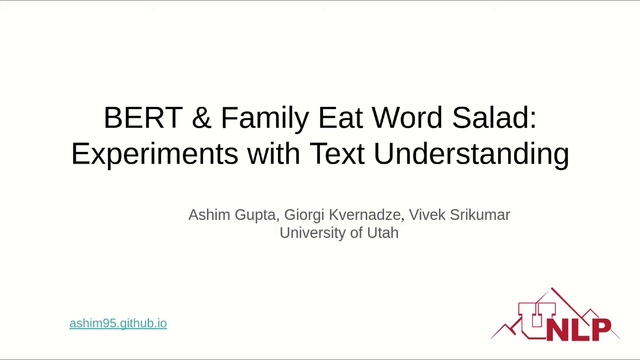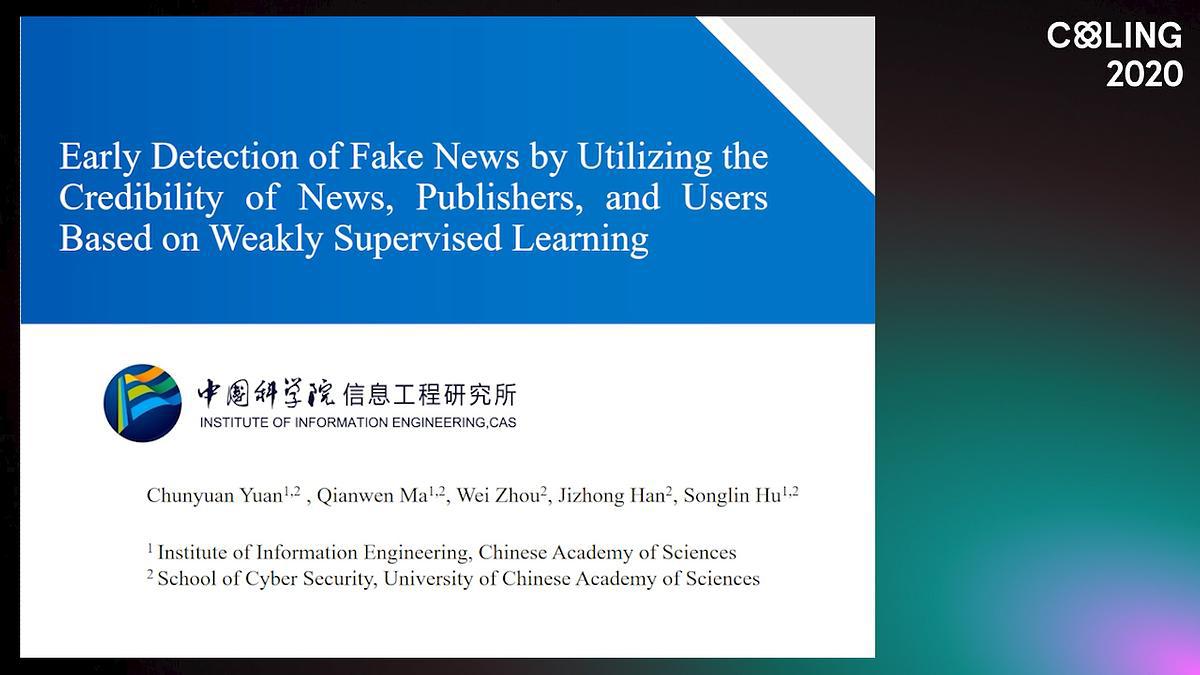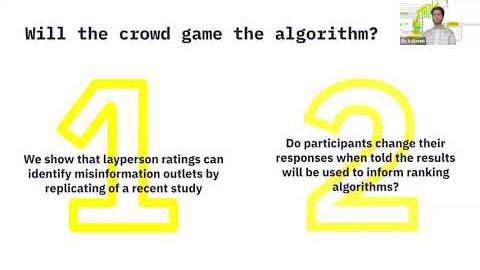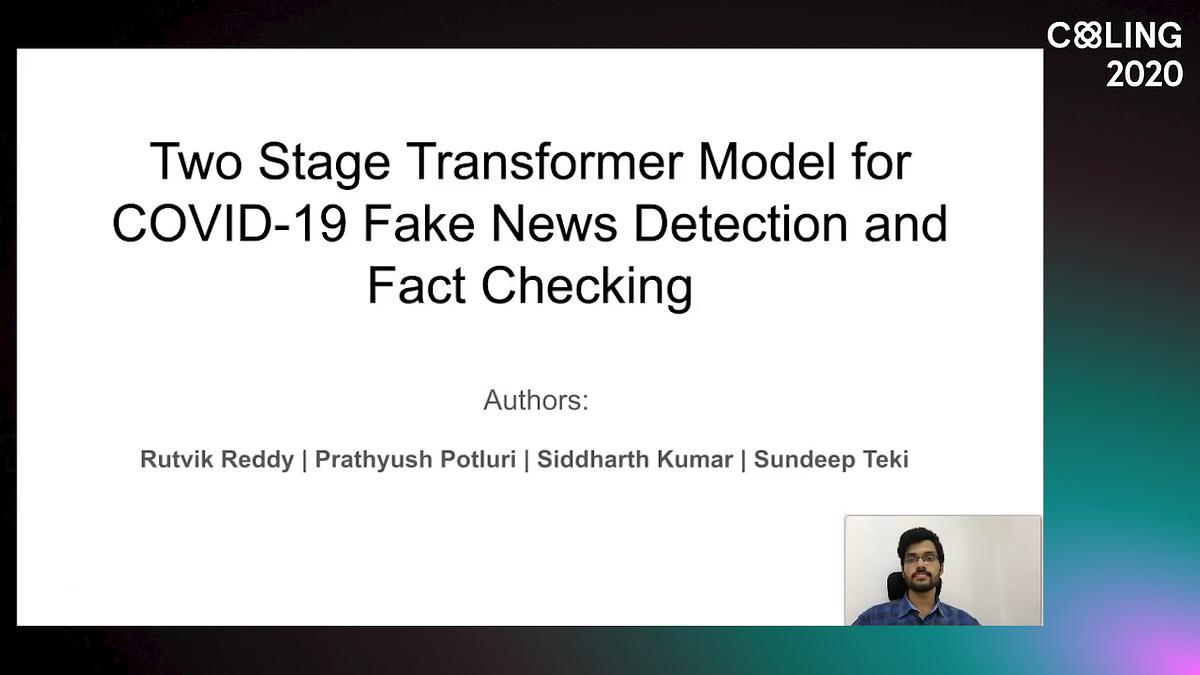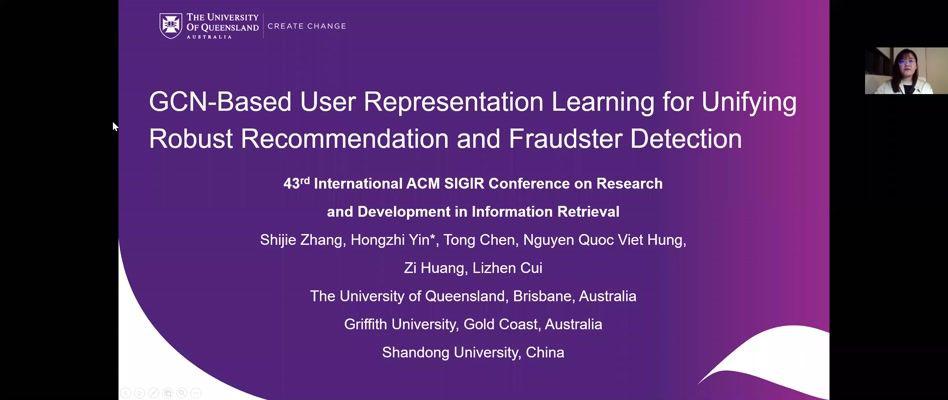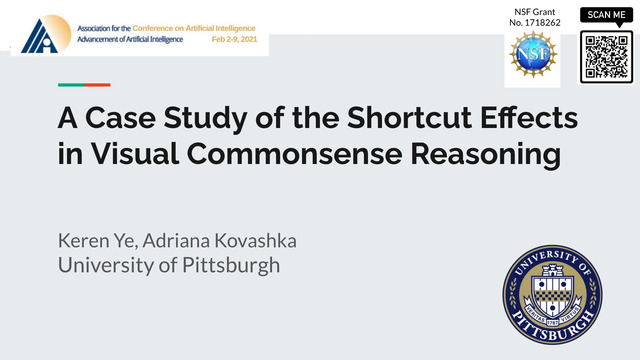Abstract:
Humans rarely perform better than chance at lie detection. To better understand human perception of deception, we created a game framework, LieCatcher, to collect ratings of perceived deception using a large corpus of deceptive and truthful interviews. We analyzed the acoustic-prosodic and linguistic characteristics of language trusted and mistrusted by raters and compared these to characteristics of actual truthful and deceptive language to understand how perception aligns with reality. With this data we built classifiers to automatically distinguish trusted from mistrusted speech, achieving an F1 of 66.1%. We next evaluated whether the strategies raters said they used to discriminate between truthful and deceptive responses were in fact useful. Our results show that, while several prosodic and lexical features were consistently perceived as trustworthy, they were not reliable cues. Also, the strategies that judges reported using in deception detection were not helpful for the task. Our work sheds light on the nature of trusted language and provides insight into the challenging problem of human deception detection.













